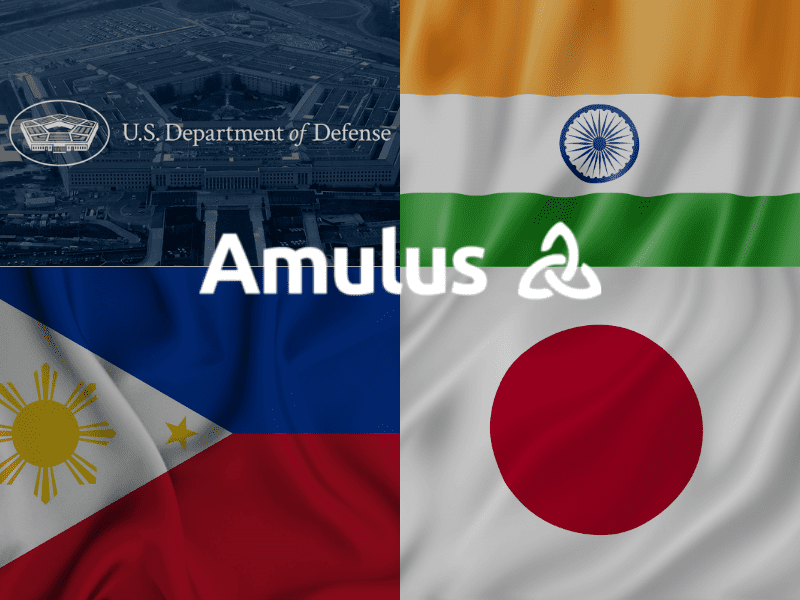Categories
Indo-Pacific Nations Strengthen Defense Ties and Capabilities Amid Growing Chinese Assertiveness
Tuesday June 13, 2023

Catch up quickly: According to Ely Ratner, Assistant Secretary of Defense for Indo-Pacific Security Affairs, nations in the Indo-Pacific region are enhancing their military capabilities, working on interoperability, and strengthening training with the U.S. and regional partners, amidst an increased Chinese assertiveness, according to the U.S. Department of Defense Newsroom.
The big picture: While support for Ukraine remains crucial, the primary focus for the Defense Department is the Indo-Pacific, given China’s pacing challenge.
Zoom in:
- Philippines: Ratner noted significant progress, including an agreement for access to four additional Philippine bases to host U.S. rotational forces. This collaboration aims to develop asymmetric capabilities for the Philippines, focusing on maritime periphery challenges.
- Japan: The country is investing heavily in boosting its military capability and is conducting more exercises with the U.S., particularly around the first island chain. The nation is also increasing cooperation with South Korea.
- India: There’s growing strategic alignment with the U.S., with the Defense Department supporting India’s military modernization, co-development, and co-production.
Between the lines: Ratner underscored China’s assertiveness as a significant factor pushing these nations closer to the U.S. and enhancing regional security collaboration.
The bottom line: Strengthening defense ties in the Indo-Pacific is a strategic move for these nations, crucial in mitigating China’s increasing influence and maintaining a free and open Indo-Pacific.
The Amulus angle: As Indo-Pacific nations continue to enhance their defense capabilities and interoperability with the U.S., the need for advanced protective measures, such as the Amulus Robus Safe Haven, becomes increasingly critical. These units, designed to offer exceptional ballistic protection and state-of-the-art emergency communication systems, could be instrumental in safeguarding U.S. and allied forces in the region.
The robustness of the Robus Safe Haven units, with their superior build quality and ballistic steel encasement, offers unparalleled protection against potential threats. Furthermore, their customizability means they can be adapted to meet specific requirements for different jurisdictions, whether for protection against forced-entry in high threat environments or as part of broader contingency and emergency incident management plans. Additionally, the units’ built-in communication capabilities allow for prompt crisis response and seamless coordination with medical experts and law enforcement, which could be invaluable in the high-stakes, rapidly-evolving situations common in defense contexts.
In the face of growing Chinese assertiveness, nations in the Indo-Pacific region need every advantage they can get. By integrating Robus Safe Haven units into their defense strategies, they can provide secure and safe environments for their defense leaders and troops, enhancing their preparedness and resilience.







